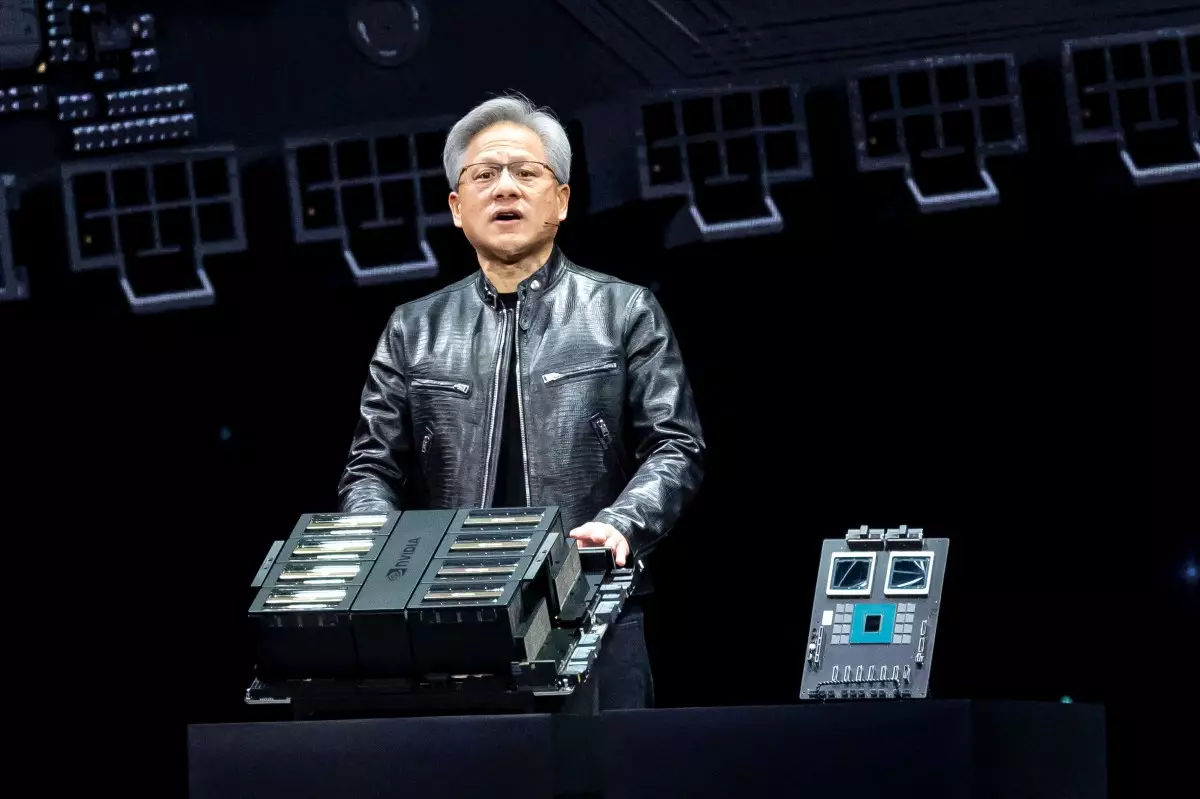ByteDance, the parent company of the popular social media platform TikTok, is reportedly setting its sights on a substantial investment in Nvidia chips, with plans to allocate an astonishing $7 billion towards this goal by 2025. This ambitious move is particularly noteworthy given the backdrop of increasing U.S. restrictions on semiconductor sales to Chinese firms. Such restrictions, implemented to safeguard national security, could effectively limit Chinese access to advanced technologies, yet ByteDance appears undeterred.
The U.S. government has imposed a series of export restrictions targeting specific AI chips, including those manufactured by Nvidia, aimed at curbing China’s technological advancement in artificial intelligence. The regulations have become increasingly stringent since their introduction in 2022, reflecting growing concerns about China’s potential use of advanced technology for strategic military and economic purposes. ByteDance’s plans to acquire these chips raises significant questions about compliance and the strategies companies might employ to navigate the complex landscape of international regulations.
Despite these challenges, ByteDance seems to have devised a tactical workaround that ostensibly keeps it within the bounds of U.S. regulations. Reports suggest that rather than importing these chips directly into China, ByteDance intends to stockpile them in data centers located in regions like Southeast Asia. This strategy, while legally permissible, raises ethical and strategic questions about the lengths to which companies will go to secure cutting-edge technology. Furthermore, this approach highlights a potential loophole in regulatory frameworks that could lead to broader implications for international trade and technology transfer.
The company’s efforts are coinciding with its success in the AI domain, as evidenced by Doubao, an AI chatbot developed by ByteDance that has captivated 51 million users in China. This popularity underscores the high demand for AI-driven applications in the Chinese market and the significant opportunity for growth that lies ahead for ByteDance. The success of Doubao could be a driving factor behind ByteDance’s desire to secure Nvidia chips, allowing it to enhance its AI capabilities and potentially expand its market reach.
ByteDance insists that it has adhered to U.S. regulations, emphasizing that it has not procured H100 chips for data centers operating outside the United States. This claim further portrays the company as a compliant entity, aiming to alleviate any concerns regarding its intentions while navigating a challenging political environment. However, the underlying motivations behind such large-scale investments remain a point of contention, highlighting the broader challenge of balancing technological advancement with regulatory compliance.
As ByteDance pursues its ambitious plans, the global technology market will undoubtedly be watching closely. The company’s maneuvers could set a precedent for how tech firms adapt to stringent export regulations, particularly in the realm of artificial intelligence. Furthermore, this situation reveals the complexities surrounding the global semiconductor market and the role of geopolitics in shaping the future landscape of technology. Whether ByteDance can successfully execute its strategy without further escalation in regulatory scrutiny remains to be seen, but the implications of its actions will ripple through the industry for years to come.

